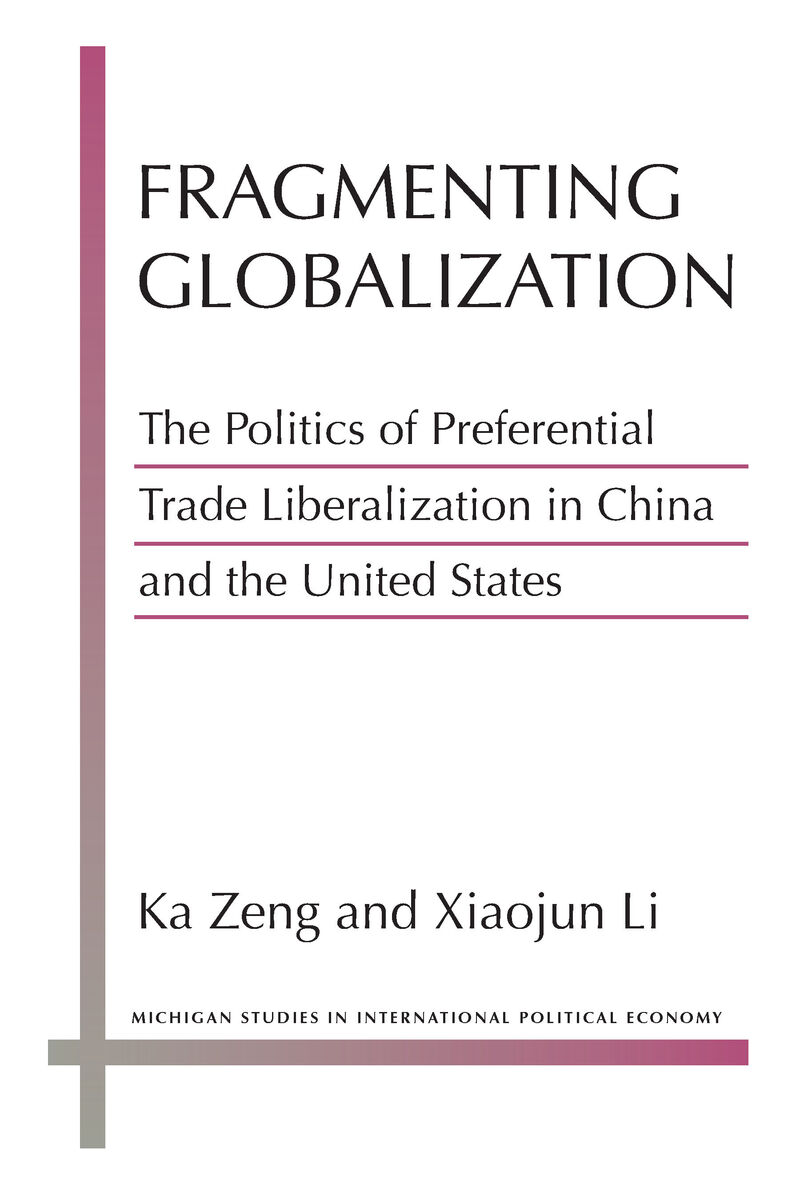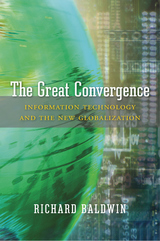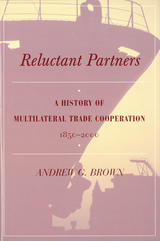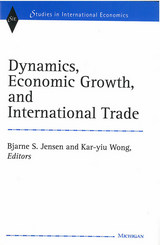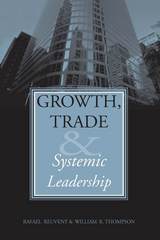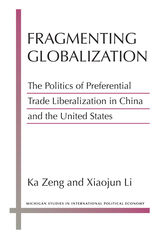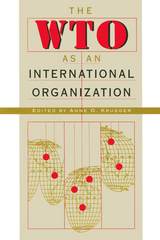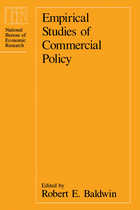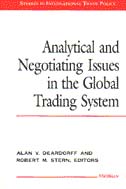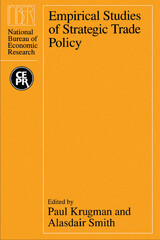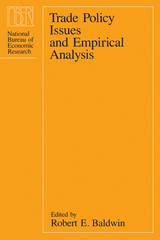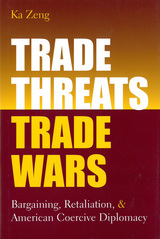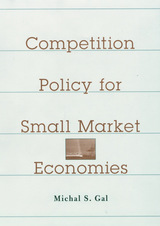Fragmenting Globalization: The Politics of Preferential Trade Liberalization in China and the United States
University of Michigan Press, 2021
Paper: 978-0-472-05470-1 | Cloth: 978-0-472-07470-9 | eISBN: 978-0-472-12837-2
Library of Congress Classification HF1379.Z46 2021
Dewey Decimal Classification 382.30951
Paper: 978-0-472-05470-1 | Cloth: 978-0-472-07470-9 | eISBN: 978-0-472-12837-2
Library of Congress Classification HF1379.Z46 2021
Dewey Decimal Classification 382.30951
ABOUT THIS BOOK | AUTHOR BIOGRAPHY | REVIEWS | TOC | REQUEST ACCESSIBLE FILE
ABOUT THIS BOOK
Global supply chain integration is not only a rapidly growing feature of international trade, it is responsible for fundamentally changing trade policy at international and domestic levels. Given that final goods are produced with both domestic and foreign suppliers, Ka Zeng and Xiaojun Li argue that global supply chain integration pits firms and industries that are more heavily dependent on foreign supply chains against those that are less dependent on intermediate goods for domestic production. Hence, businesses whose supply chain would be disrupted as a result of increased trade barriers should lobby for preferential trade liberalization to maintain access to those foreign markets. Moreover, businesses whose products are used in the production of goods in foreign countries should also support preferential trade liberalization to compete with suppliers from other parts of the world.
Fragmenting Globalization uses multiple methods, including time series, cross-sectional analysis of the pattern of Preferential Trade Alliance formation by existing World Trade Organization members, a firm-level survey, and case studies of the pattern of corporate support for regional trade liberalization in both China and the United States. Zeng and Li show that the growing fragmentation of global production, trade, and investment is altering trade policy away from the traditional divide between export-oriented and import-competing industries.
Fragmenting Globalization uses multiple methods, including time series, cross-sectional analysis of the pattern of Preferential Trade Alliance formation by existing World Trade Organization members, a firm-level survey, and case studies of the pattern of corporate support for regional trade liberalization in both China and the United States. Zeng and Li show that the growing fragmentation of global production, trade, and investment is altering trade policy away from the traditional divide between export-oriented and import-competing industries.
See other books on: Business logistics | China | International trade | Political Economy | Zeng, Ka
See other titles from University of Michigan Press
